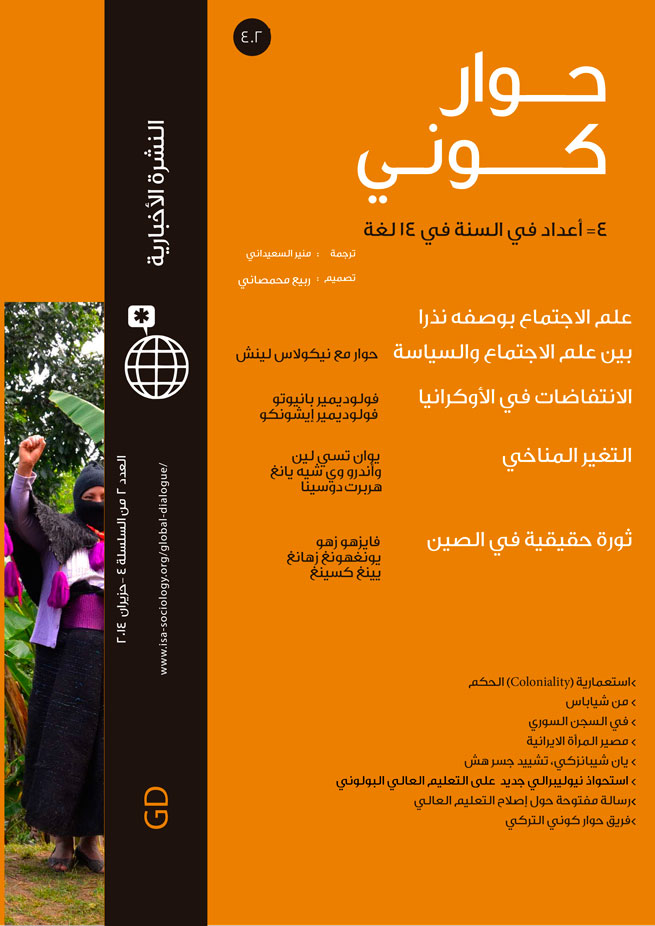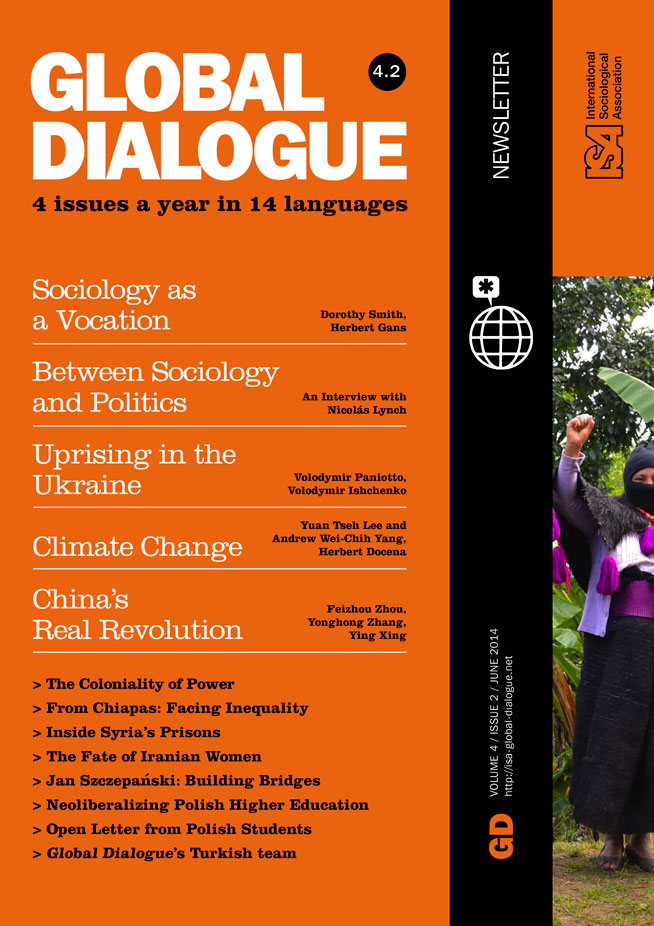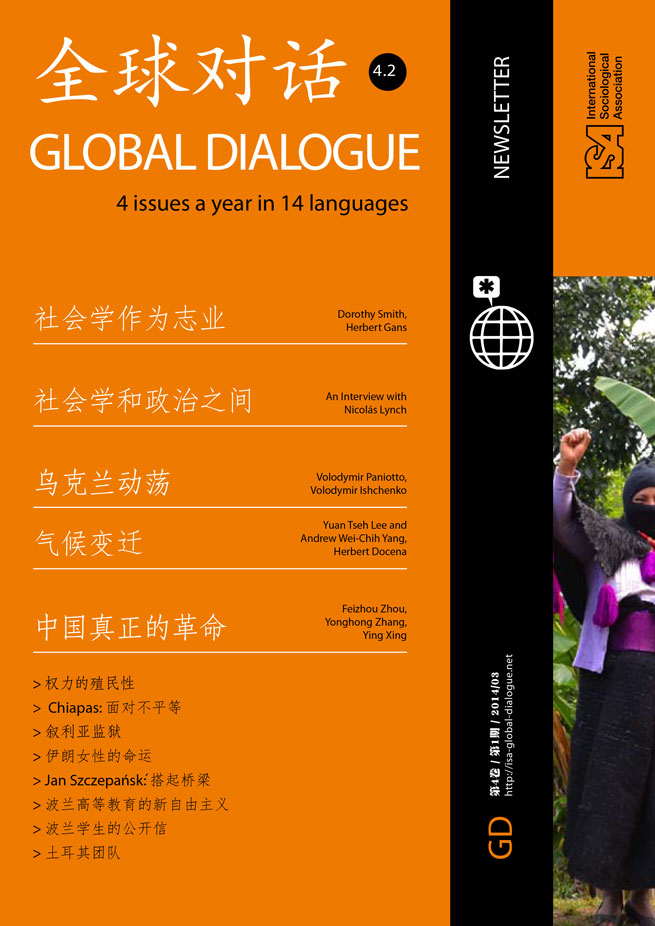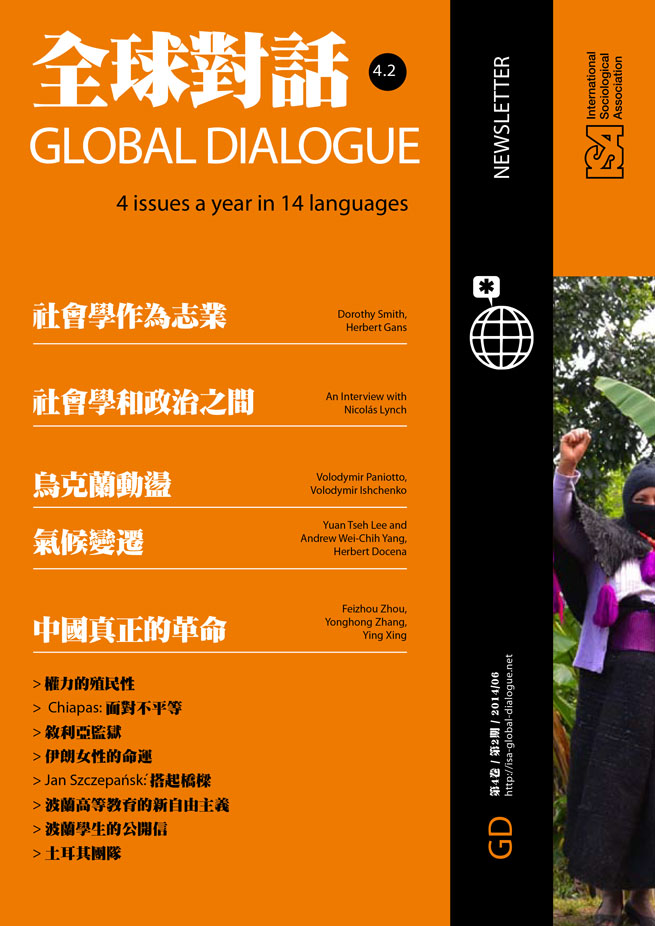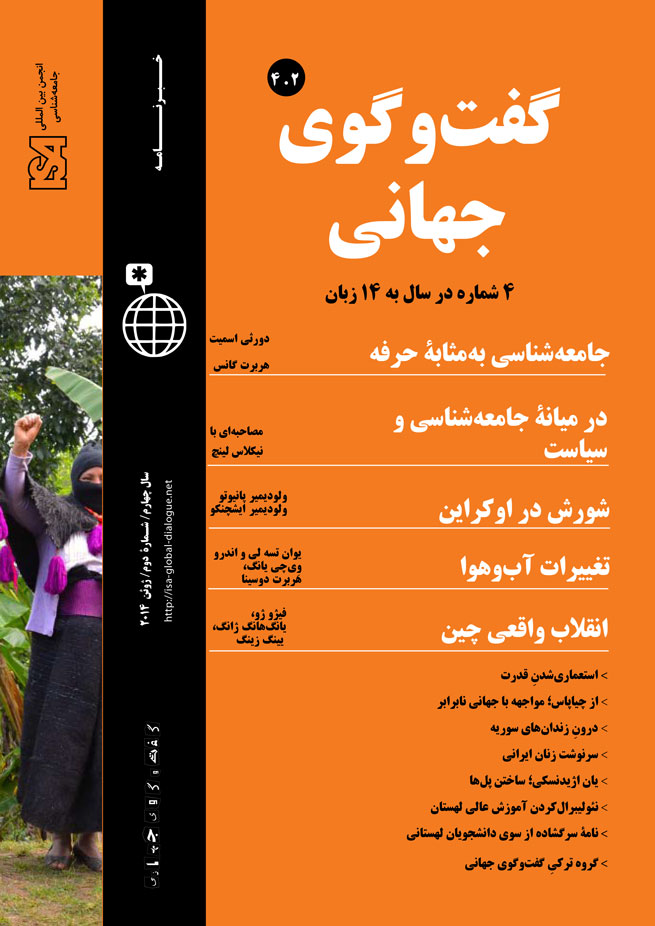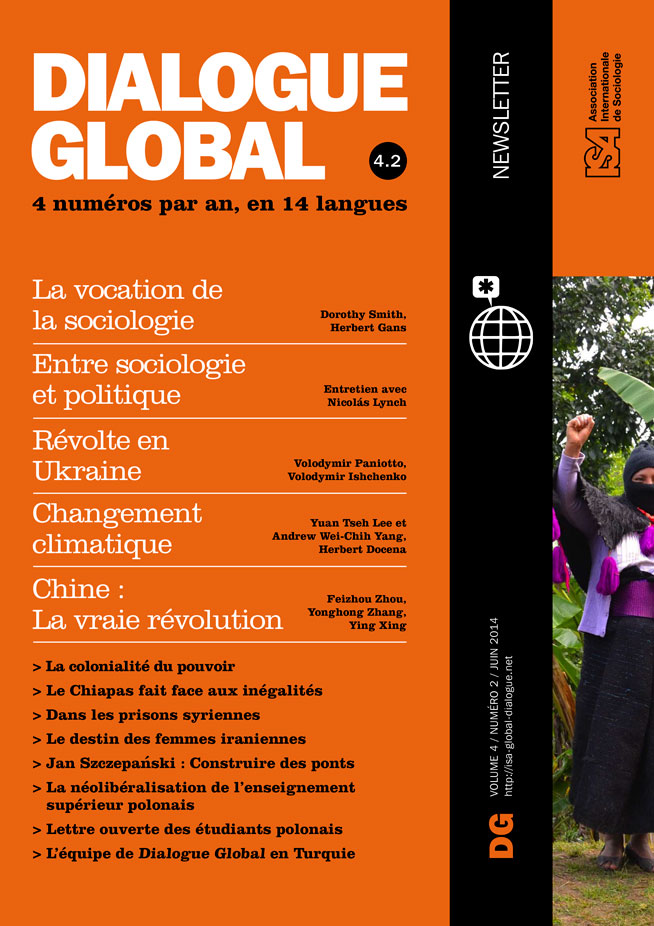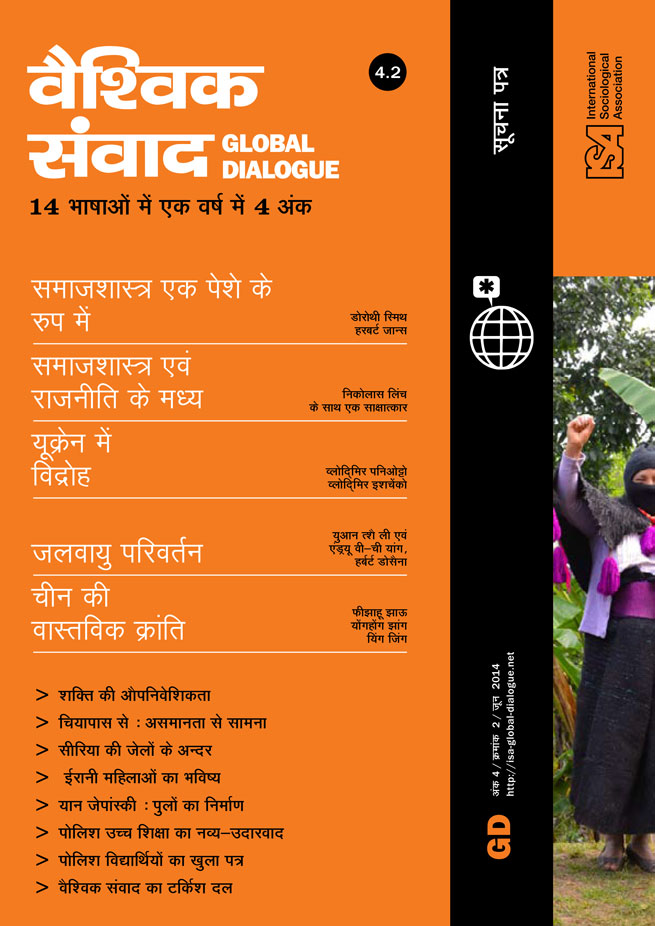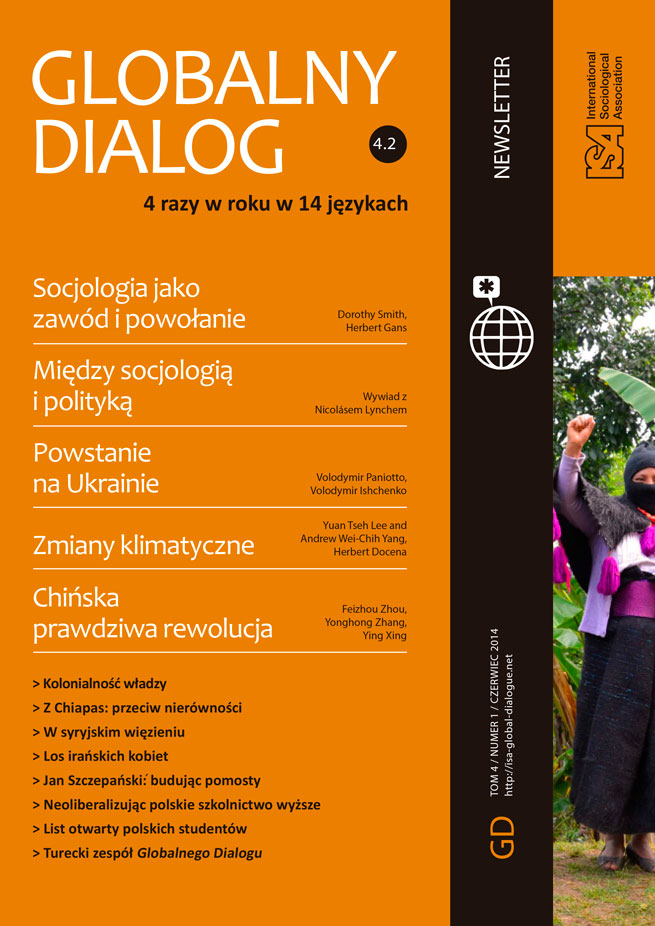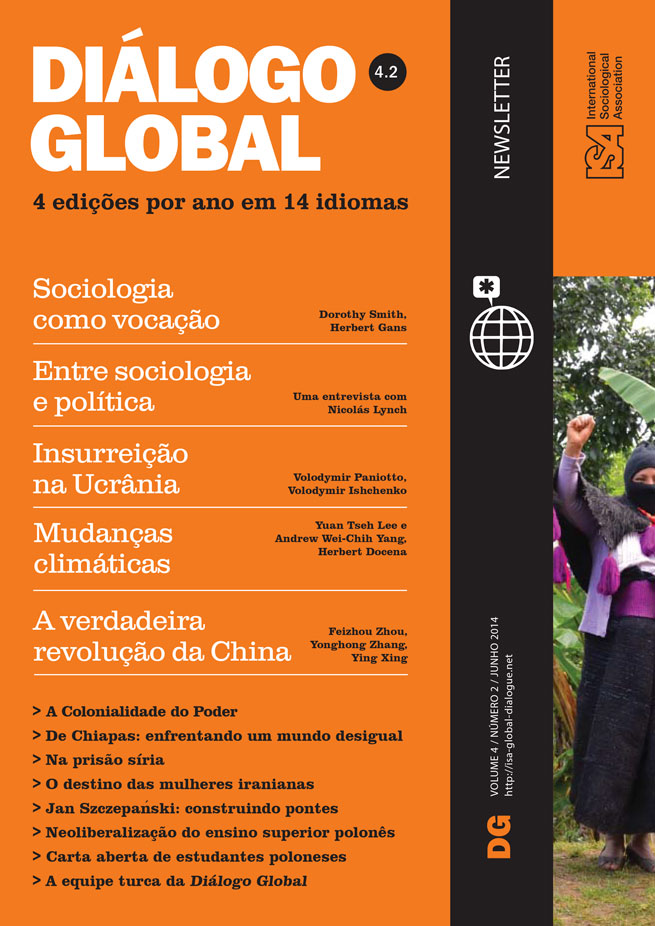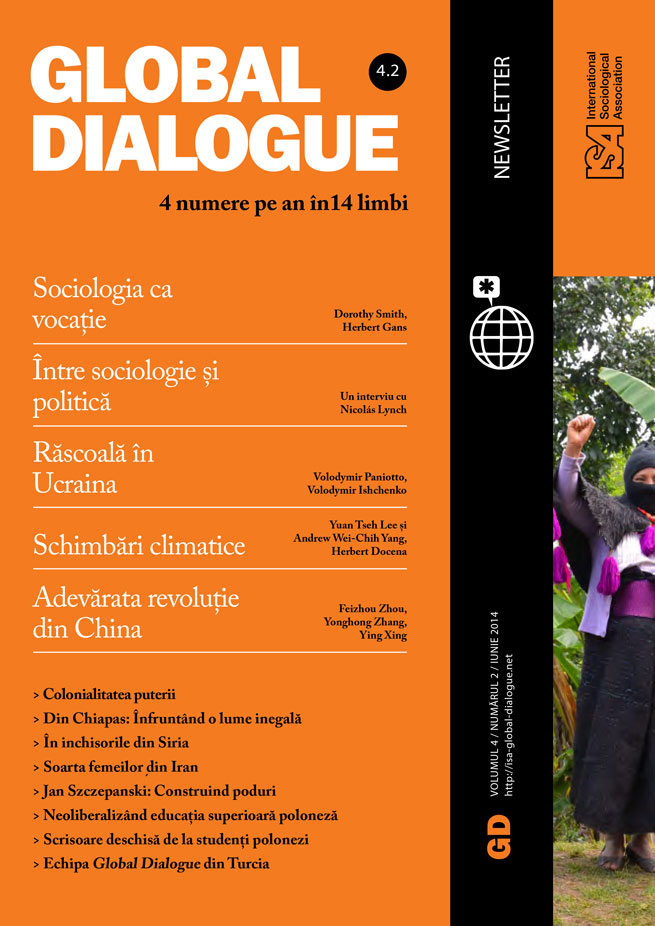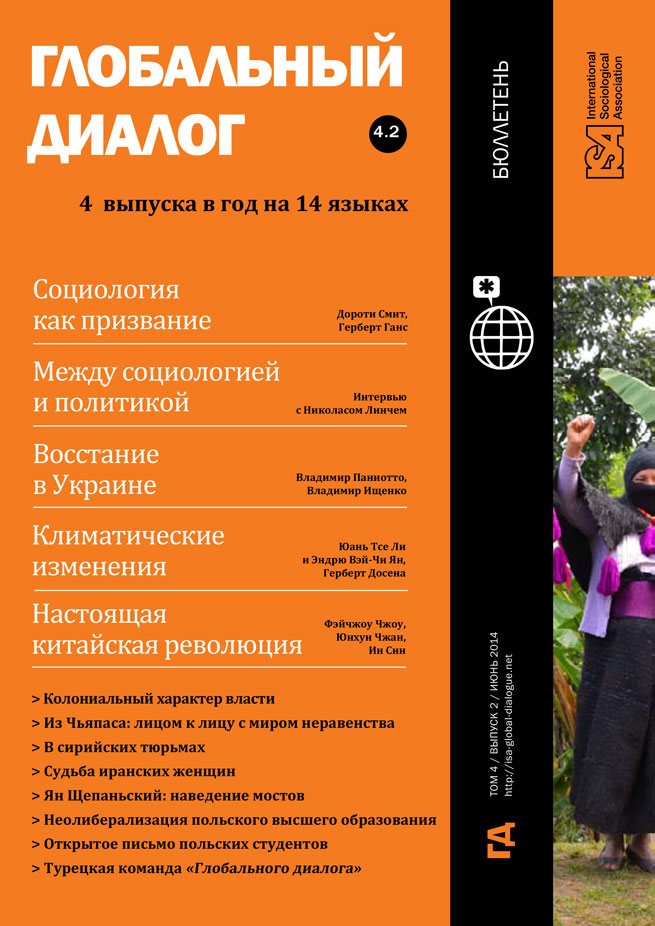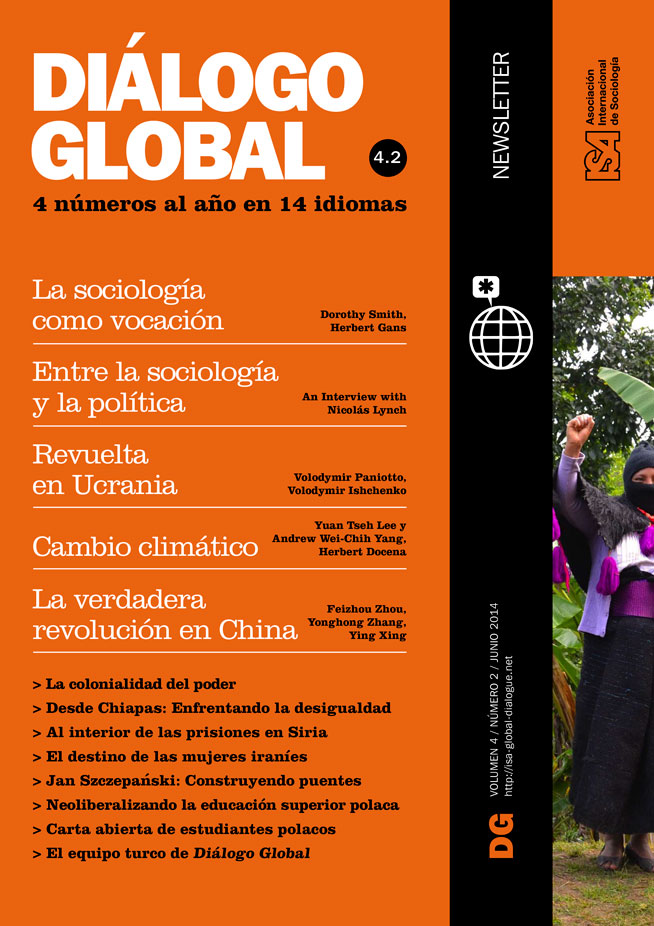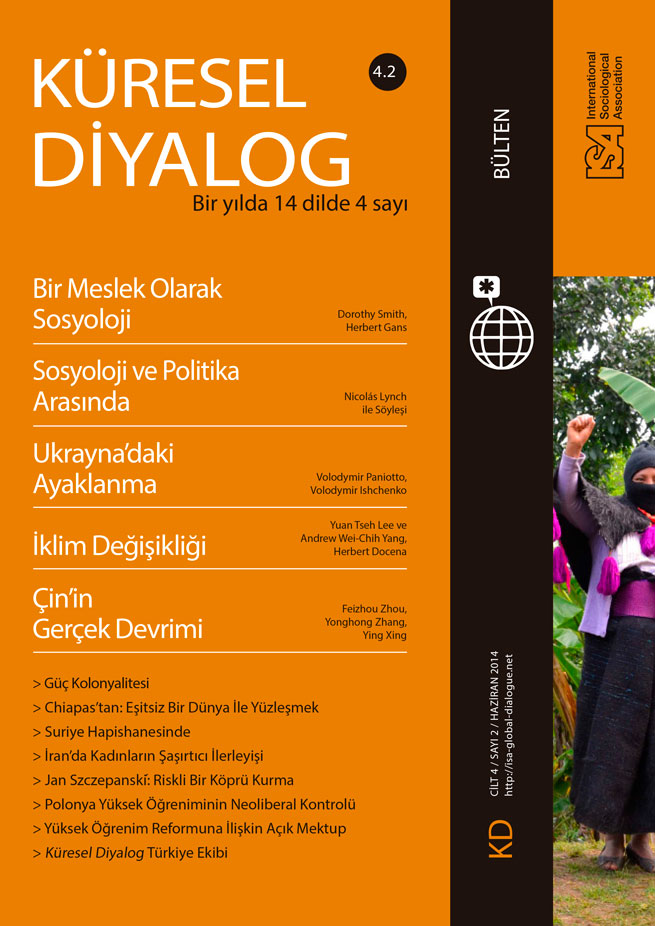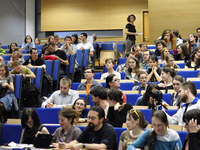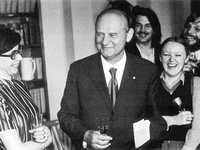Open Letter Concerning the Reform of Higher Education
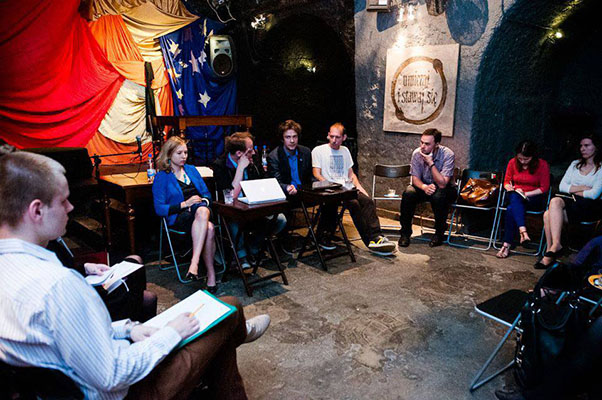
May 16, 2014
In September 2013 the 15th Congress of the Polish Sociological Association met in Szczecin. After a series of student debates, the Public Sociology Lab issued an open letter on changes in higher education. It was read out at the Congress and met with a huge response from lecturers. In January 2014 a conference entitled “Sociology and Sociologists in Contemporary Poland” took place in Warsaw to which only a single student representative was invited. Here we present the letter that began the diagnosis of student problems and possible solutions to the crisis of the university. The letter was composed by Krzysztof Gubański.
Ladies and Gentlemen, Dear Academics!
We are a group of students concerned about issues related to academia. We do not claim the right to represent the voice of all students of sociology. However, as representatives of student organizations from the University of Warsaw and Jagiellonian University in Cracow, we would like to publicize our lively discussions about contemporary changes in academia and, thereby, show that students are not apathetic, as is the common accusation. We have organized a series of meetings and seminars concerning these issues, which have attracted wide publicity,[1] demonstrating that students want a voice of their own rather than have others speak for them.
We have observed with concern how the public debate about the reform of higher education ignores the voice of scientists. The Ministry of Science and Higher Education, acting as an arbitrator, refuses scientists the right to vote, treating them as a conservative opposition to the otherwise progressive changes of modernization. Furthermore, resistance to the reforms is viewed as the defense of privileges that derive from a pathological system, which is how contemporary academia is represented. At the same time, the sponsors of reform legitimize it by claiming it advances the interests of students, emancipating them from an ossified education system. But the interest of students remains an imaginary product as their actual voice is never recognized as significant. Student organizations that manage to rise above everyday particularism meet with indifference at best, and are often accused of lacking objective reflection or being able to articulate their own claims.
Discussion of the reform focuses on the (presumed) irreconcilable opposition – “market vs academia” – which gives rise to two forms of resistance from scientists. In the first strategy scientists defend their position with arguments that uphold the market order, which means accepting the Ministry’s definition of the situation, shaped by New Public Management and neoliberal ideologies. The second strategy is to defend the conservative position, which means upholding an idealized community with its associated elitism and institutional autonomy. But what is the meaning of autonomy here? It refers to autonomy from the forces of market and state, but such autonomy is infeasible. Such a conservative defense is grist for the mill of ministerial discourse that labels scientists as feudal reactionaries.
In place of such pretentious accusations and counter-accusations of “educational fraud,” we offer a mutually enhancing public dialogue about the characteristics and needs of the modern university. We propose that teaching consider students to be our first public and a direct transmission belt of sociological knowledge from the academy to wider publics. In opposition to the proposed governmental logic of a provider-client service, scholars still command authority and should determine the process of professional socialization. In their attitudes and teaching we would like our lecturers to point to the variety of uses of sociological knowledge, and not just the conventional ones. An example might be the development of the collective production of knowledge through a common struggle for equal participation in the discussions about higher education in Poland and Europe.
We believe that undergraduate and graduate students – claimed to be the main beneficiaries of the reforms – have the potential to challenge the opportunistic interpretation of resistance as the “reactionary convulsions of the feudal university.” So far the potentiality has not been realized, despite our attempts to increase student involvement. Part of the problem is that students don’t have sufficient knowledge of the reforms (which we are trying to rectify), but also that there is a lack of support and leadership from their lecturers with whom they share daily activities and common problems. Ceding the field of the public debate to external experts means both researchers and students lose. When academics lose their influence even over conditions within the university, students no longer perceive their competences as potential tools of social change and they fall into a state of indifference.
Instead of the current atomization of the academic environment that reinforces the hegemonic position of the Ministry, we call for an alliance of lecturers, undergraduate and graduate students. We believe that the Polish Sociological Association can be a catalyst in spreading participation and responsibility for the fate of sociology. This letter is an invitation to dialogue, a prelude to collaboration and concerted action. We appeal, therefore, to our masters – that they recognize our agency in joint pursuit of our common interests.
[1] E.g. Third Congress of Young Sociologists, “Sociology in the future – Debate among students who care” (Cracow, June 2012); Fourth Congress of Young Sociologists, “Dilemmas of the student community facing changes in higher education – resistance or adaptation” (Cracow, June 2013); Summer Critical Marathon, “Student agency in the educational system” (Rabka, June 2013).
Presented to the Polish Sociological Association by the Public Sociology Lab, University of Warsaw and the Critical Section, Jagiellonian University of Cracow, Poland

